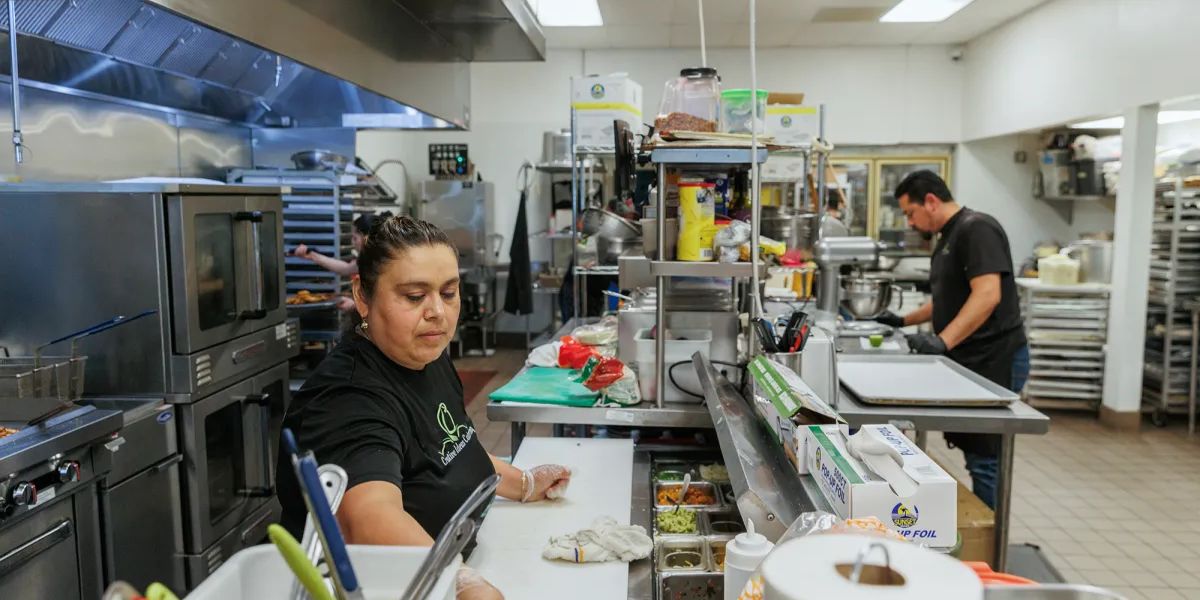MJP –
As California gears up for the upcoming election, one of the most significant measures on the ballot is Proposition 32, which aims to increase the minimum wage across the state.
If passed, Prop 32 could drastically change the financial landscape for millions of workers, offering them much-needed relief amid rising living costs and inflation.
What Is Proposition 32?
Proposition 32 seeks to raise the minimum wage in California to $18 per hour over a phased implementation period. The measure is designed to address the growing disparity between wages and the cost of living in the state, especially in urban areas where housing and basic necessities are increasingly expensive.
Currently, California’s minimum wage stands at $15.50 per hour, which many argue is insufficient for workers to meet their basic needs.
Why the Change Is Necessary

California has one of the highest costs of living in the United States. Housing, transportation, and food prices have surged in recent years, making it challenging for low-wage workers to maintain a decent standard of living.
According to recent studies, a single adult in California needs to earn at least $20 per hour to afford basic living expenses comfortably. With the current minimum wage, many workers find themselves struggling to make ends meet.
Supporters of Prop 32 argue that raising the minimum wage would not only benefit workers directly but also stimulate the economy. Increased earnings could lead to higher consumer spending, which is crucial for local businesses and overall economic growth.
California Implements Pay Hike for Health Care Workers with New Minimum Wage Legislation
Moreover, advocates believe that a higher minimum wage could reduce poverty rates and the need for social assistance programs, ultimately saving taxpayer money.
Potential Opposition
While the proposition has garnered significant support, it is not without its critics. Opponents argue that raising the minimum wage could lead to job losses, particularly in small businesses that may struggle to afford higher labor costs. Some business owners express concern that an increased minimum wage could force them to cut hours, reduce staff, or even close their doors altogether.
Additionally, there are worries that the wage hike might lead to increased prices for goods and services, negating some of the benefits intended by the minimum wage increase. Critics also argue that the economic environment is not conducive to such a substantial increase, especially given the current uncertainties surrounding inflation and supply chain issues.
What Voters Should Consider
As California voters prepare to cast their ballots, it is essential to consider the broader implications of Prop 32. The proposed increase in the minimum wage could have far-reaching effects on the workforce, local economies, and the state as a whole. Voters should weigh the potential benefits of increased earnings for workers against the concerns raised by opponents regarding job stability and business viability.
Conclusion
Proposition 32 represents a critical juncture for California’s workforce and economic future. If passed, it could provide a lifeline for many struggling workers while also shaping the state’s economic landscape for years to come.
As the election approaches, informed voting will be crucial to determining whether California will take a significant step towards a higher minimum wage and a more equitable economy for all.




